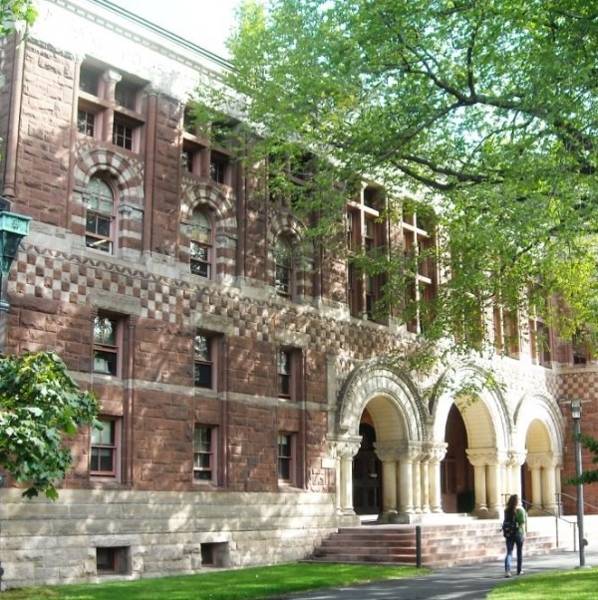While a large part of the debate around the OFSTED investigation into the alleged attempts by Islamic fundamentalists to take control of schools in Birmingham has focused on the education secretary Michael Gove's announcement that schools will be required to teach "British values" (and the question of what precisely we mean by "British values"), the spotlight has also fallen on faith schools, and their effect on integration and community cohesion.
When the report on the "Trojan Horse" plot was published last Tuesday, the British Humanist Association responded by suggesting that the Birmingham controversy points to a wider issue with the role of religion in schools in England and Wales. In the opinion of Andrew Copson, the BHA's chief executive, it was the state-sanctioned religious discrimination that occurs within religious schools that created the circumstances under which religious conservatives were able to increase their influence at the Birmingham schools:
[T]hese issues speak more widely to the need for a thorough review of the place of religion in schools. While controversy has raged about these admittedly serious problems, there has been no similar level of concern expressed about the all-too-common situation where a pupil is unable to get into their local Church of England school because their parents are not Christian; a teacher is unable to find employment at a Catholic school because they are not Catholic; or a child is left distressed or sidelined because of Christian proselytising in an assembly in a school with no religious character. While these situations are allowed to continue, it is no surprise that some people of another faith will take existing schools of no religious character and effectively treat them as their own “faith” schools. This kind of behaviour will only be stopped once no school is legally able to discriminate against any pupil, parent or member of staff.
Copson's argument was vehemently rejected by the Church of England, whose communications office pointed out that not one of the schools involved in the "Trojan Horse" investigation was a faith school. In defence of the role of faith schools in the education system, the C of E pointed to the strong record of St Albans Academy, the only state-funded C of E school in Birmingham, and the wider record of its 4,601 schools in England:
The Church of England educates a million children a day in its schools. Even the BHA, in its more reflective moments, would be hard pressed to describe CofE Schools as hotbeds of religious extremism or indoctrination. The contrast between some of the findings in the recent OFSTED investigation and the experience of those educated at Church of England schools stand in marked contrast. As the former Chief Rabbi, Dr. Jonathan Sacks, wrote of his own experience of Church of England primary and secondary schools: “I went to Christian schools, St Mary’s Church Primary, then Christ’s College Finchley. We Jews were different and a minority. Yet not once was I insulted for my faith.”
However, new polling data published at the weekend suggests that many do not share the Church's positive view of religious schools. According to the poll, conducted by Opinium for the Observer, 58 per cent of voters believe that faith schools should not be funded by the state. Of those who expressed concern about religious schools, 60 per cent said such schools promote division and segregation, and 41 per cent said they "were contrary to the promotion of a multicultural society".
While both the Conservative and Labour parties have continued to support the principle of religious schools amid the recent controversy, Labour shadow education secretary Tristram Hunt has indicated that he would like a review of how religion is taught in schools. Speaking to the Observer, Hunt reaffirmed his party's support for faith schools, describing them as "an important part of the educational landscape", but called for cross-party talks on how to address the issues raised by the "Trojan Horse" investigation.
"Events in Birmingham have raised questions about faith, multiculturalism and state education," said Hunt, "and in the aftermath this is the moment to think about discussing, on a cross-party basis, how we manage potential tensions, particularly in urban districts."
However, for secular critics, the problem will remain as long as faith schools are permitted to operate in their current form. Responding to the Observer opinion poll, Rabbi Jonathan Romain, head of the Accord coalition which campaigns for a secular education system, argued that the current system is divisive, and suggested that religious schools risk bringing about "educational apartheid", with children "ghettoised" on the basis of their religious backgrounds.

